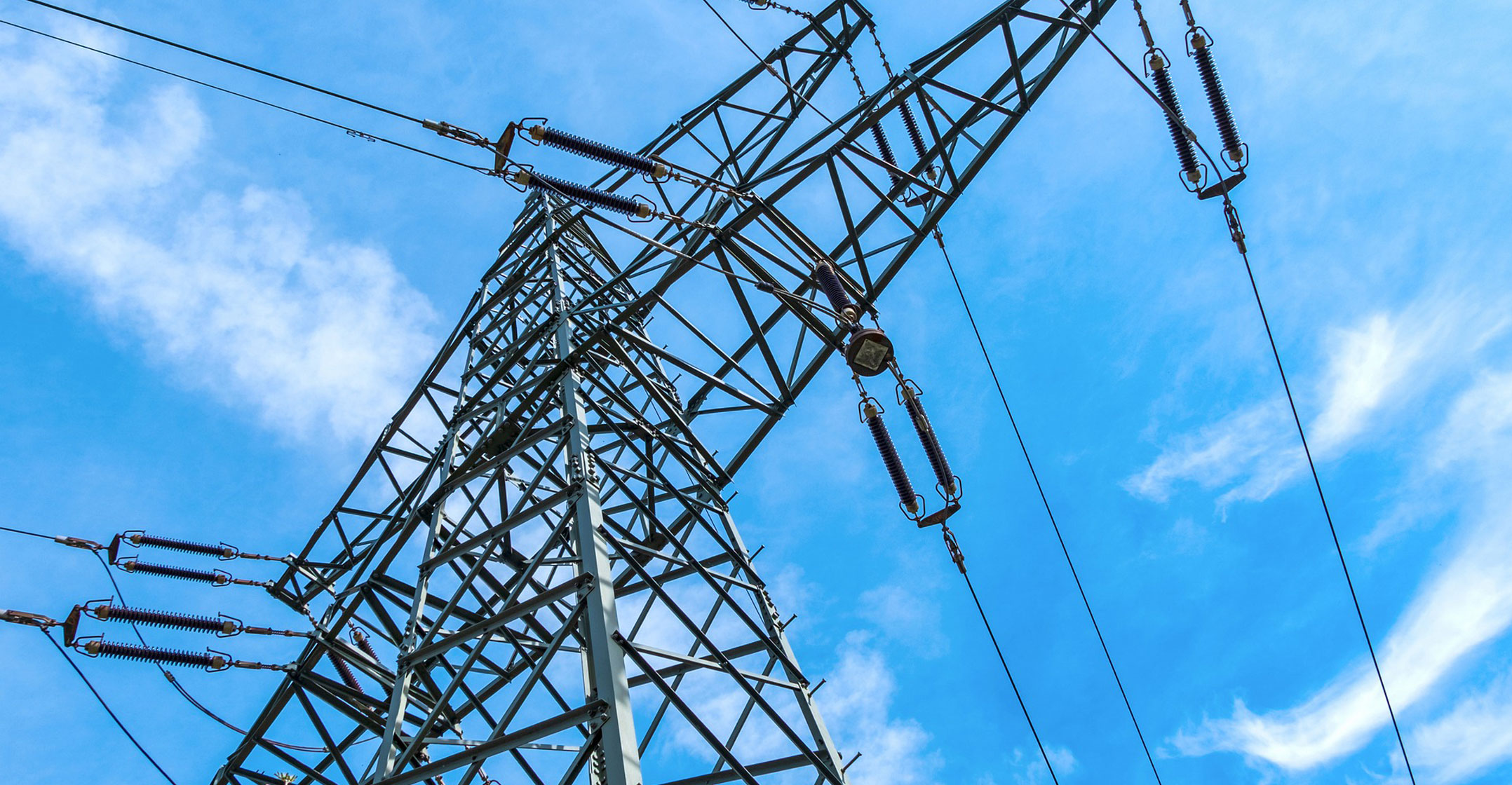 Government is considering taking over part or all of Eskom’s R392-billion in debt as it seeks to restructure the cash-strapped power utility’s loan obligations, according to the International Monetary Fund.
Government is considering taking over part or all of Eskom’s R392-billion in debt as it seeks to restructure the cash-strapped power utility’s loan obligations, according to the International Monetary Fund.
Eskom’s financial position is of particular concern and requires a decision on how to address its “unsustainable” debt levels, the Washington-based lender said in a statement published on its website following online meetings between its staff and South African officials.
The local authorities are discussing whether the state should assume part or all of the debt upfront or continue making annual transfers of funds to the company, which could be higher than budget estimates, it said.
While shifting Eskom’s debt onto the state’s balance sheet would make the utility financially viable and smooth its planned split into transmission, generation and distribution businesses, it would precipitate a marked deterioration in the nation’s already stretched finances.
Gross government debt amounted to R4.27-trillion at the end of last year, compared to national treasury’s November estimate of R4.31-trillion, or 69.9% of GDP, for the current fiscal year.
Surging debt and debt-service costs, the fastest-growing expenditure line item in the budget since 2011, are already key risks to fiscal sustainability and have been compounded by the fallout from the coronavirus pandemic, years of overspending, mismanagement and corruption.
Sell the stations
Transfers to Eskom averaged about 1% of GDP in the past two fiscal years, while its government-guaranteed loan facility stands at about 6% of GDP, according to the IMF.
National treasury didn’t make additional provisions for Eskom in November’s medium-term budget policy statement and finance minister Enoch Godongwana suggested that the utility sell some of its coal-fired power stations to reduce its debt burden.
Treasury didn’t immediately respond to an e-mail seeking comment. Government has previously said it may take over some of the utility’s debt, but never suggested that it is considering assuming it in its entirety. — (c) 2022 Bloomberg LP




